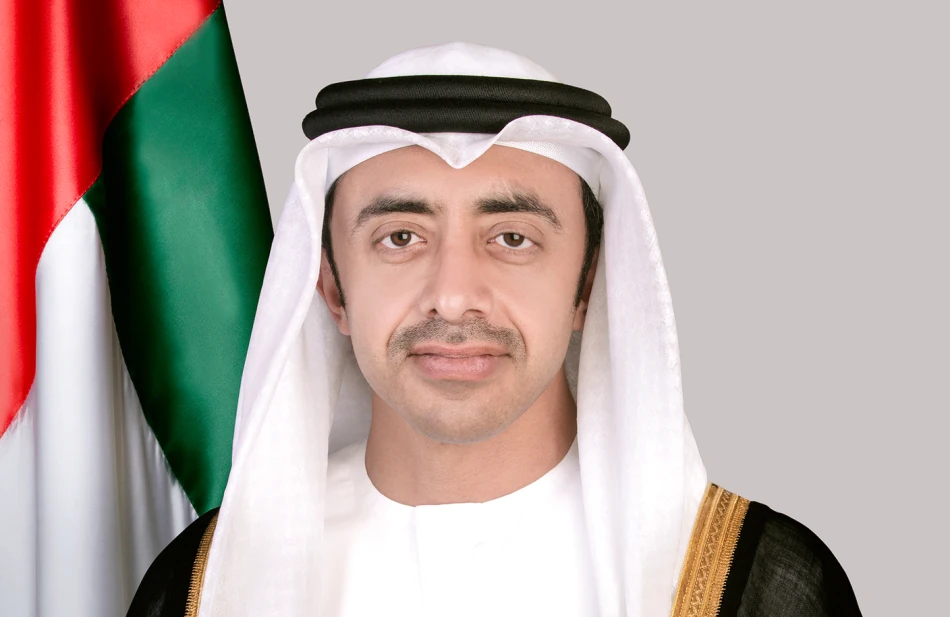
UAE Airlifts Humanitarian Aid to Palestinians Amid Ongoing Crisis
UAE Intensifies Gaza Aid Operations with Airdrops and Ground Convoys
The United Arab Emirates has significantly ramped up its humanitarian assistance to Gaza, delivering aid through four aerial drops and 143 truck convoys over just four days. The accelerated effort reflects the UAE's strategic positioning as a key mediator in regional conflicts while demonstrating its commitment to Palestinian support amid ongoing tensions.
Sustained Humanitarian Campaign
Following directives from President Sheikh Mohammed bin Zayed Al Nahyan, the UAE continues its comprehensive aid delivery program to Gaza. Foreign Minister Sheikh Abdullah bin Zayed Al Nahyan emphasized the nation's unwavering commitment, stating that "our support for Gaza is an effort that does not stop, and a commitment that does not change."
The recent surge in aid deliveries—combining both aerial drops and ground transportation—signals a coordinated response to deteriorating humanitarian conditions in the Palestinian territory. The dual-method approach suggests the UAE is adapting its delivery mechanisms to overcome logistical challenges that have hampered other international relief efforts.
Regional Diplomatic Strategy
Balancing Act in Middle East Relations
The UAE's prominent role in Gaza aid delivery reinforces its position as a pragmatic regional power capable of maintaining relationships across traditional divides. Unlike other Gulf states that have historically taken more rigid stances, the Emirates has cultivated diplomatic flexibility that allows it to engage with multiple parties simultaneously.
This approach mirrors the UAE's broader foreign policy strategy, which has seen it normalize relations with Israel through the Abraham Accords while maintaining support for Palestinian causes—a balancing act that few regional powers have managed successfully.
Operational Efficiency and Scale
The ability to coordinate 143 truck deliveries alongside aerial operations within four days demonstrates sophisticated logistical capabilities. This operational scale suggests the UAE has established reliable supply chains and delivery mechanisms that could serve as a model for other international aid efforts.
The combination of airdrops and ground convoys also indicates strategic planning to ensure aid reaches recipients regardless of border restrictions or security concerns that might affect single-method delivery approaches.
Implications for Regional Stability
The UAE's sustained humanitarian engagement in Gaza serves multiple strategic purposes beyond immediate relief. By maintaining visible support for Palestinian welfare, the Emirates reinforces its credibility as a responsible regional actor while potentially creating diplomatic leverage for future peace initiatives.
This humanitarian diplomacy approach has proven effective for the UAE in other contexts, including its role in Yemen and Syria, where aid delivery has often preceded or accompanied broader diplomatic engagement. The Gaza operations may similarly lay groundwork for the UAE to play a larger role in future Palestinian-Israeli negotiations or post-conflict reconstruction efforts.
The emphasis on continuity—with officials stressing that support "does not stop" and commitments "do not change"—suggests this is not merely a short-term humanitarian response but part of a longer-term strategic engagement with Palestinian issues that could influence regional dynamics well beyond the current crisis.
Most Viewed News

 Sara Khaled
Sara Khaled






